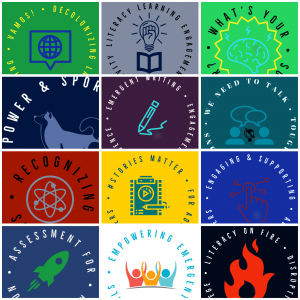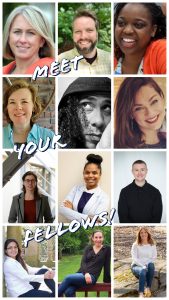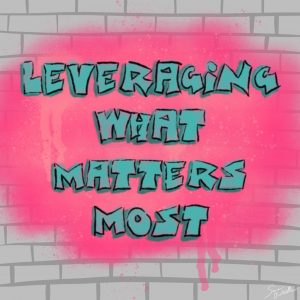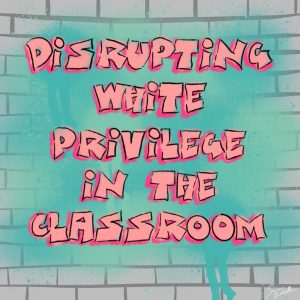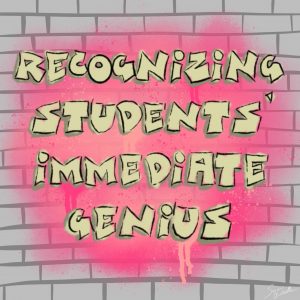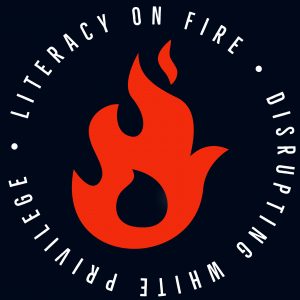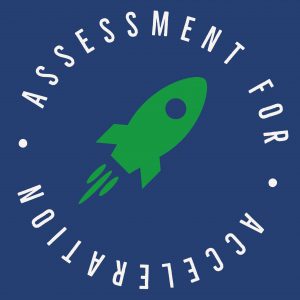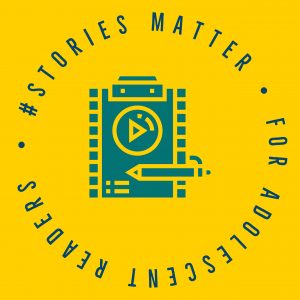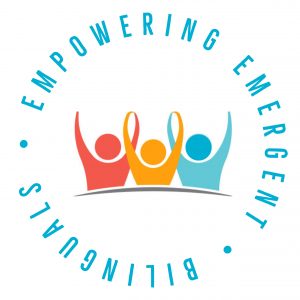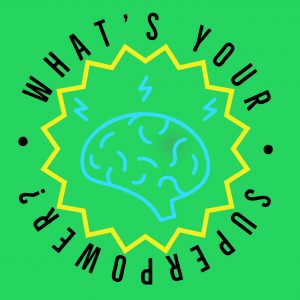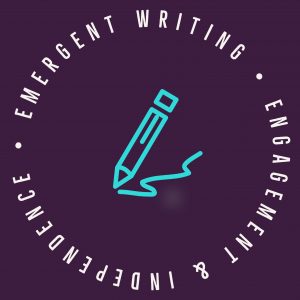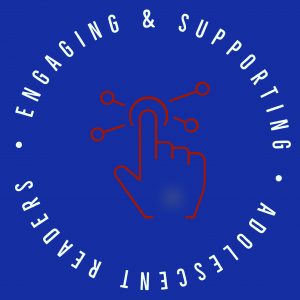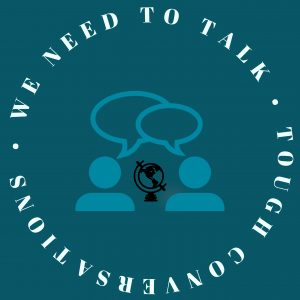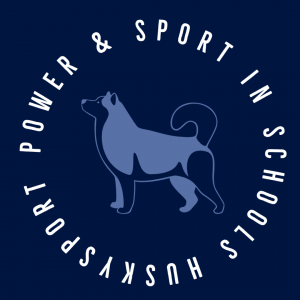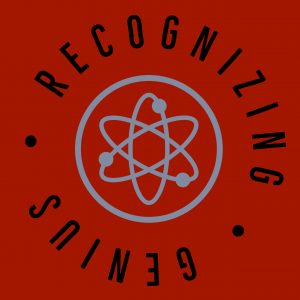Open Now through September 15
Start any time! All courses are self-paced, asynchronous experiences.
Click here to register today!
Contact rlacfellows@gmail.com |
|
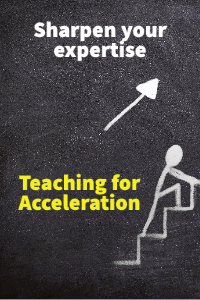 |
Get ready for the Fall of 2021 by engaging with self-paced, scenario-based mini-courses focused on common challenges in literacy development in the elementary grades. These mini courses are designed for educators as part of a collaboration between reading researchers and full-time educators with decades of collective practical experience generating and vetting research evidence in practice.
|
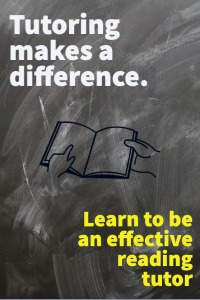 |
Tutoring Makes a Difference:
Research shows that minimally trained tutors can make a significant difference in reading growth in a short amount of time. This introductory course is designed for individuals without previous teaching experience interested in tutoring students in reading. Learn 5 key research-based tools and strategies that will ensure high-powered outcomes from informal tutoring.
|
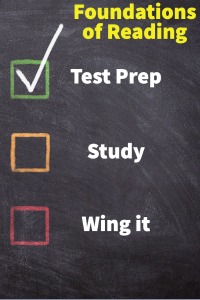 |
Foundations of Reading Test Prep: Reading is a complex process that can be complicated to understand but prepping for the Foundations of Reading test doesn't have to be! This three part test prep course is designed for anyone preparing to take and ace the Foundations of Reading test; it includes over 3 hours of highly engaging material that review each part of the reading process, interactive review questions, and a glossary of key terms for test preparation.
Test preparation support for the Pearson Reading Specialist Exam coming soon!!! |
 Loading...
Loading...
Free Online Course: Summer 2020
The Reading and Language Arts Center will be offered a free online literacy course, “Literacy Learning Engagement and Inclusivity in Uncertain Times,” during the summer of 2020. The course was open to the public and designed for K-12 educators of all kinds.
The course included 10 modules and 3 panel discussions focused on teaching literacy in the contexts of the pandemic, the Black Lives Matter movement and the blurring of assumed boundaries between school, home, individual and collective. Modules were created and produced by the UConn Language & Literacy Fellows.
Note: This course has now closed. For information on access to these modules for your course or professional development, please contact: Shannon.l.Kelley@uconn.edu
Choose your own adventure!
With tracks designed for a focus on elementary, secondary and leadership perspectives, you can engage with any combination of modules. Complete seven of the ten to earn a certificate of completion, or collect all 10.
View Introductions to the 2020 mini courses
Literacy on Fire: Disrupting white privilege in the classroom
| Manchester English teacher, Matt Delaney, leads you through the internal and pedagogical work to be an antiracist and do antiracist work in the English classroom by centering marginalized voices, learning to be uncomfortable and understanding how literacy development depends on the development of racial literacy in particular. |
Assessment for Acceleration: Leveraging what matters most
| Literacy specialist, Jen Barone, and district leader, Pamela Khairallah answer this summer’s toughest question: what do I assess, how, when and why in order to teach for accelerated literacy learning in the elementary grades. Learn how to embed assessment that builds relationships and generates the information you need to move forward at speed.
|
#Stories Matter for Adolescent Readers: Now more than ever
| Reading specialist and doctoral student, Caitlin Ryan Pelletier, is reimagining how adolescent literature is approached and assessed. By focusing not on how we read stories, but rather why we read stories, we learn to use literature to generate empathy and humanity in powerful learning experiences beyond the classroom.
|
Empowering Emergent Bilinguals: Families, community & culture as resources
| Doctoral Student and former high school English teacher, Sandra Silva-Enos, encourages you to use family, culture, and community as resources to help emergent bilinguals succeed. Learn about some of the unique challenges faced by bilingual students and strategies to incorporate their culture into literacy development.
|
What’s Your Superpower?: Engaging & empowering adolescent learners with action-oriented literacy instruction
| Literacy Coach, Michelle Horn, shares an instructional model to help you put your students in the driver’s seat of their learning. Use experiences and action to inspire deeper discussion and more powerful reading and writing.
|
Emergent Writers: Building engagement and independence
| Language Arts Specialist, Colleen Morello, addresses what Primary teachers and parents of young children ask most often: how do I teach beginning writing? Learn how to identify signs of growth and encourage young children’s writing at school and at home.
|
Engaging & Supporting Adolescent Readers: Scaffolds and strategies
| Doctoral student and former special education teacher, Shannon Kelley, provides specific routines and tools to support adolescents with reading difficulties from vocabulary to comprehension.
|
We Need to Talk: Exploring culture and conflict through classroom dialogue
| Doctoral student and former elementary school teacher, Jon Simmons, guides you through some discussion structures that will allow you to explore big issues in your classroom with confidence. Engage your students as citizens and help them discover that what makes us different can help bring us together instead of push us apart. |
“We can’t go back”: Power & Sport in Schools
| Husky Sport is a community-campus partnership that utilizes the power of sport to connect and empower partners from the city of Hartford and University of Connecticut. Watch their short movie to prompt critical examinations of power dynamics in schools, while also looking at the power of sport and physical activity in schools as a catalyst to build relationships, hear voices, and shift priorities to enhance culture and outcomes. |
Avoiding Overremediation Compensation: Recognizing students’ immediate genius
Educators and activists, Ryan Parker and Ashley Okwuazi, encourage you to consider your perspective and how it informs your pedagogy. By truly knowing our students, especially those with marginalized identities, we are able to tap into the magic of each student and use their gifts to help them succeed.
Vamos! Decolonizing language learning
| Doctoral student, Pauline Batista, unleashes the power of purposeful language instruction. Language is full of power and by better understanding our own experiences as language learners and how language is used, we more effectively help our students learn language. |
